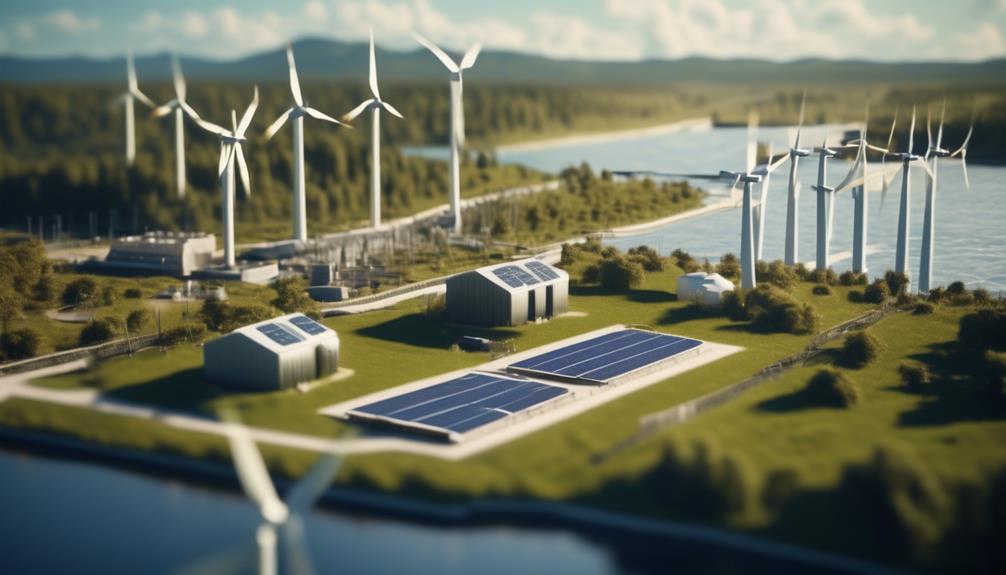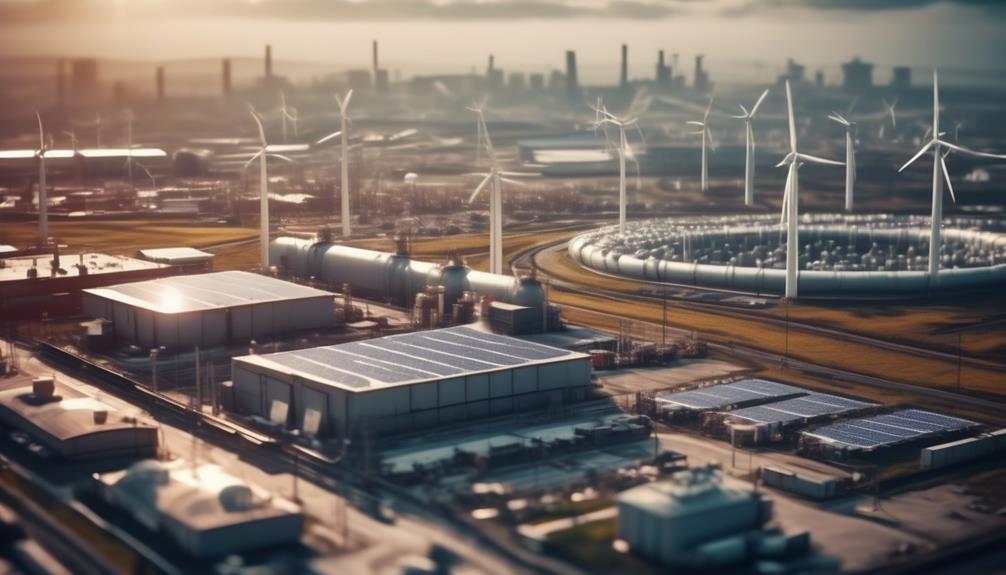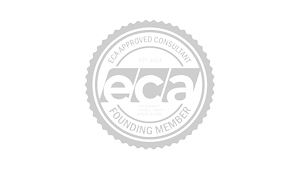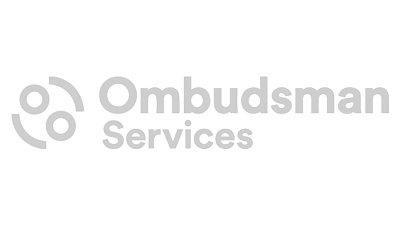Navigating the complex terrain of rising energy costs and environmental sustainability, businesses are increasingly turning to smart energy solutions to not only stay afloat but thrive. This search for efficiency and cost-effectiveness, coupled with the desire to meet green targets, is a journey many corporate leaders are embarking on.
With a deep understanding of these challenges, this article aims to shed light on how smart energy strategies can not only mitigate these issues but also unlock new opportunities for growth.
Addressing the pain points of high operational costs and the pressure to be environmentally responsible, we delve into the strategic implementation of smart energy solutions. By leveraging cutting-edge technologies and innovative energy management strategies, we demonstrate how businesses can achieve sustainability goals while enhancing their market competitiveness.
Drawing from a wealth of expertise, this guide promises to equip you with the knowledge needed to navigate the energy landscape successfully. As we move forward, rest assured that the insights provided here will address your concerns and questions, encouraging you to explore the transformative impact of smart energy solutions on corporate success.
Energy Management Strategies for Corporations
Industrially, corporations are embracing energy management strategies as integral aspects of their operational and financial planning to optimise cost efficiencies, reduce carbon footprints, and enhance resilience in the face of evolving energy landscapes. Smart energy systems and energy management services are becoming increasingly vital for corporations seeking to enhance energy efficiency and lower carbon emissions. By integrating smart energy management systems, corporations can effectively monitor and control their energy consumption, thus achieving significant cost savings and reducing environmental impact.
Moreover, the integration of renewable energy sources such as onsite solar power and wind power further contributes to the overall energy management goals of corporations. This shift towards renewable energy not only aligns with sustainability objectives but also offers long-term economic benefits, reducing dependence on traditional energy sources and providing a hedge against energy price volatility. Additionally, embracing distributed energy resources like battery storage enables corporations to enhance their resilience by ensuring uninterrupted power supply during grid outages or fluctuations.
In essence, the adoption of comprehensive energy management strategies empowers corporations to assert greater control over their energy usage, optimise costs, and demonstrate environmental stewardship, thereby bolstering their overall corporate success.
Optimising Energy Consumption for Efficiency
Efficient energy consumption is a critical factor in the success of corporate operations, necessitating strategic planning and implementation of smart energy management solutions.
- Integration of Energy Efficiency: Smart energy management integrates energy efficiency into corporate strategy, helping to identify opportunities for cost reduction, decarbonisation, and resilience. This involves adopting energy management technologies, considering onsite resources like renewable energy and energy storage, and participating in utility programs to achieve energy management goals.
- Adoption of Distributed Energy Resources: Industrial companies are increasingly adopting distributed energy resources (DER) such as onsite solar power, wind power, and battery storage to achieve energy management goals. Falling costs and incentives for adoption make DER an attractive option for improving energy performance.
- Challenges in Grid Interaction: Industrial companies face challenges and opportunities in grid interaction, including lack of awareness of current electricity consumption, siloed efforts hindering energy usage optimisation, and addressing cyber risks in the deployment of DER.
Implementing Smart Grid Solutions for Businesses
With the increasing demand for sustainable and efficient energy management, businesses are now focusing on implementing smart grid solutions to optimise their energy usage and reduce costs. Smart grid systems offer a comprehensive approach to energy management, integrating advanced energy technologies to provide businesses with greater control over their energy consumption.
Leading companies are increasingly turning to smart grid solutions to enhance their energy management strategies, recognising the potential for significant cost savings and improved sustainability. These solutions encompass a range of energy management technologies, including distributed energy resources (DER) like onsite solar power, wind power, and battery storage, enabling businesses to leverage renewable sources and participate in wholesale energy markets.
Furthermore, smart grid systems facilitate the electrification of industrial processes, aligning with broader sustainability efforts while reducing energy costs. As businesses seek to decarbonise and enhance their resilience, the implementation of smart grid solutions emerges as a pivotal strategy for optimising energy consumption and achieving long-term cost efficiencies.
However, challenges such as the lack of awareness of current electricity consumption and siloed efforts highlight the importance of coordinating a comprehensive and informed energy strategy to fully capitalise on the benefits of smart grid solutions.
Leveraging IoT for Energy Monitoring and Control
Leveraging IoT for energy monitoring and control presents businesses with a powerful tool to enhance operational efficiency and reduce energy consumption. This technology enables real-time monitoring and control of energy consumption, leading to a significant reduction in waste and improved efficiency.
Smart energy solutions incorporating IoT sensors and data analytics can result in up to a 30% decrease in energy consumption. The integration of IoT with renewable energy sources and automatic alerts for abnormal energy consumption are key features of smart energy monitoring systems. These systems are suitable for various industries, including residential, commercial, manufacturing, educational, and healthcare facilities.
However, challenges in implementing IoT-based smart energy monitoring systems include compatibility issues, data privacy concerns, initial investment costs, and technical support requirements.
Demand Response Programmes for Energy Flexibility
Demand response programmes present industrial companies with the opportunity to actively manage their energy usage in alignment with grid operator signals, contributing to grid stability and potential cost savings. By participating in these programmes, companies can effectively reduce their environmental impact by lowering Greenhouse Gas emissions and mitigating strain on the power grid. This not only supports climate change mitigation efforts but also positions the company as a solution provider in sustainable energy practices.
Demand response programmes enhance energy flexibility by allowing companies to shift non-essential electricity use to off-peak hours, thereby reducing strain on the grid and potentially avoiding the need for new power plants. Incorporating demand response programmes into their energy management strategies not only ensures operational efficiency but also contributes to a more sustainable energy system.
Through active participation in demand response programmes, industrial companies can play a significant role in shaping a more resilient and efficient energy infrastructure while benefiting from potential cost savings and demonstrating their commitment to sustainable and responsible corporate practices.
Regulatory Compliance and Sustainable Energy Practices
Industrial companies must prioritise regulatory compliance and sustainable energy practices to ensure efficient energy management and environmental stewardship. This involves understanding and adhering to energy-related laws and regulations, as well as using energy resources efficiently to minimise environmental impact.
To achieve this, industrial companies can benefit from the expertise of informed energy providers with years of experience in power generation and a deep understanding of regulatory compliance. These providers can offer smart energy solutions tailored to the specific needs of industrial customers, ensuring that they not only meet regulatory requirements but also implement sustainable energy practices effectively.


















